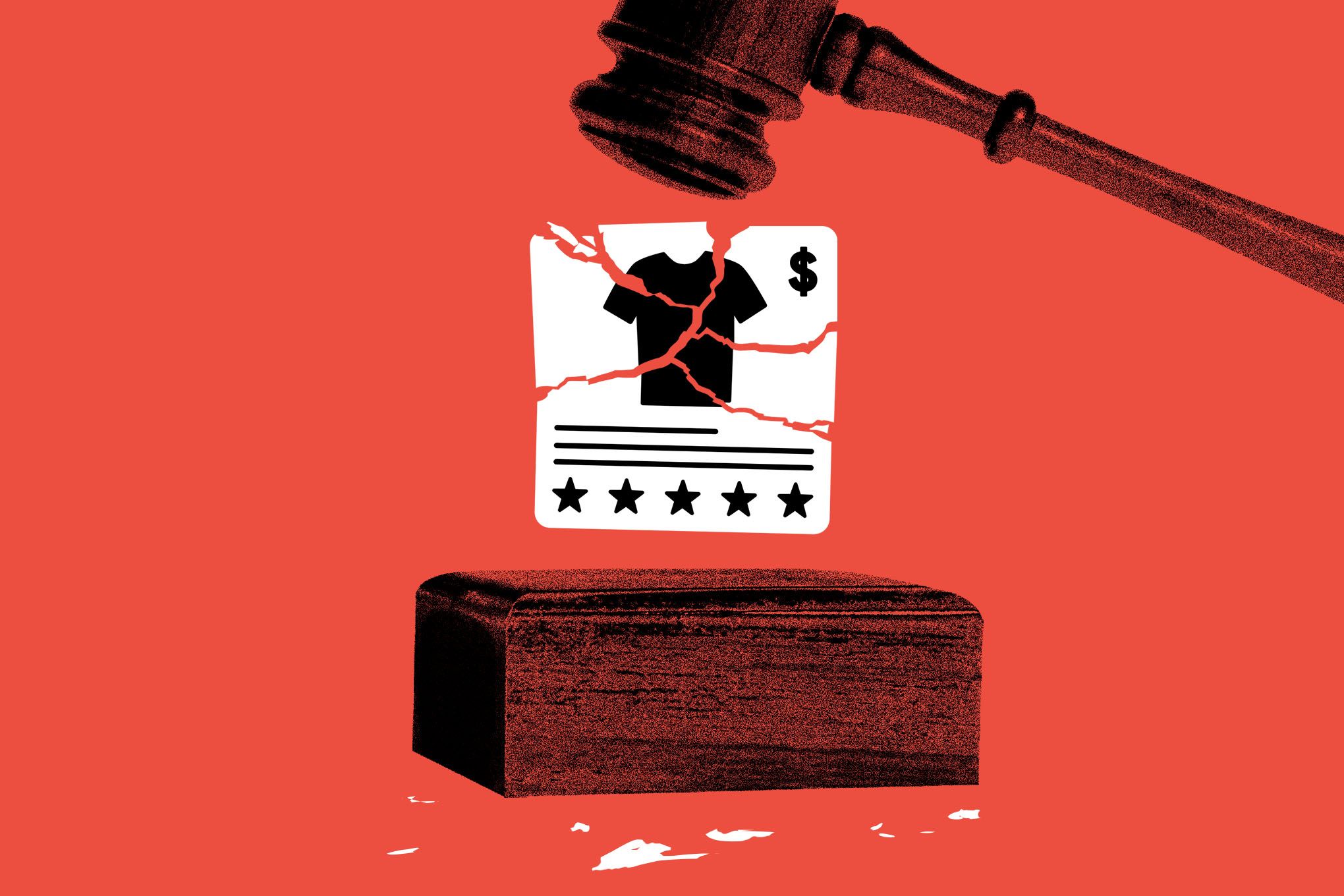The Justice Department is back in court Monday with another shot at breaking up Google, this time targeting the tech giant's advertising technology empire. After a DC judge declined to force a Chrome sale despite ruling Google a search monopolist, Virginia federal court offers the DOJ a potentially more receptive venue for its most aggressive Big Tech breakup attempt yet.
The Justice Department is rolling the dice again. Starting Monday in Alexandria, Virginia, federal prosecutors will spend two weeks trying to convince Judge Leonie Brinkema that Google needs to be surgically dismantled - not just regulated.
It's a dramatically different setting from the search case that disappointed antitrust hawks just weeks ago. DC District Court Judge Amit Mehta had already ruled Google a monopoly in online search, but when it came to remedies, he pulled back from the government's biggest ask: forcing a Chrome sale. Instead, Mehta let Google keep paying for prime real estate on browsers and phones.
But Brinkema's courtroom feels different. She's already found Google illegally monopolized two advertising technology markets, and the product at the center of the government's breakup demand - the AdX exchange - was ground zero for the antitrust violations she identified.
"There's reason for the DOJ to believe it could get a different outcome in the ad tech case," according to analysis from The Verge. Unlike the search remedies, where the government wanted Google to sell a browser that wasn't central to the monopoly case, here they're targeting the exact product that Brinkema found was illegally tied to other Google services.
The DOJ wants Google to sell its AdX exchange, which facilitates the real-time auctions that happen every time you load a webpage with display ads. Think of those banner ads at the top of news sites - AdX is often the invisible marketplace making those transactions happen in milliseconds.
Brinkema found that Google illegally bundled AdX with its DoubleClick for Publishers (DFP) ad server, which websites use to manage their ad inventory. Publishers who wanted to use DFP - and most do, since it controls a massive slice of the market - were essentially forced to use AdX too. That bundling squeezed out competitors and let Google extract higher fees across the entire ad tech stack.
The government's remedy is surgical: force Google to sell AdX, breaking the illegal tie. They also want Google to open-source the auction logic behind DFP, and reserve the right to demand a DFP sale if competition doesn't improve.








